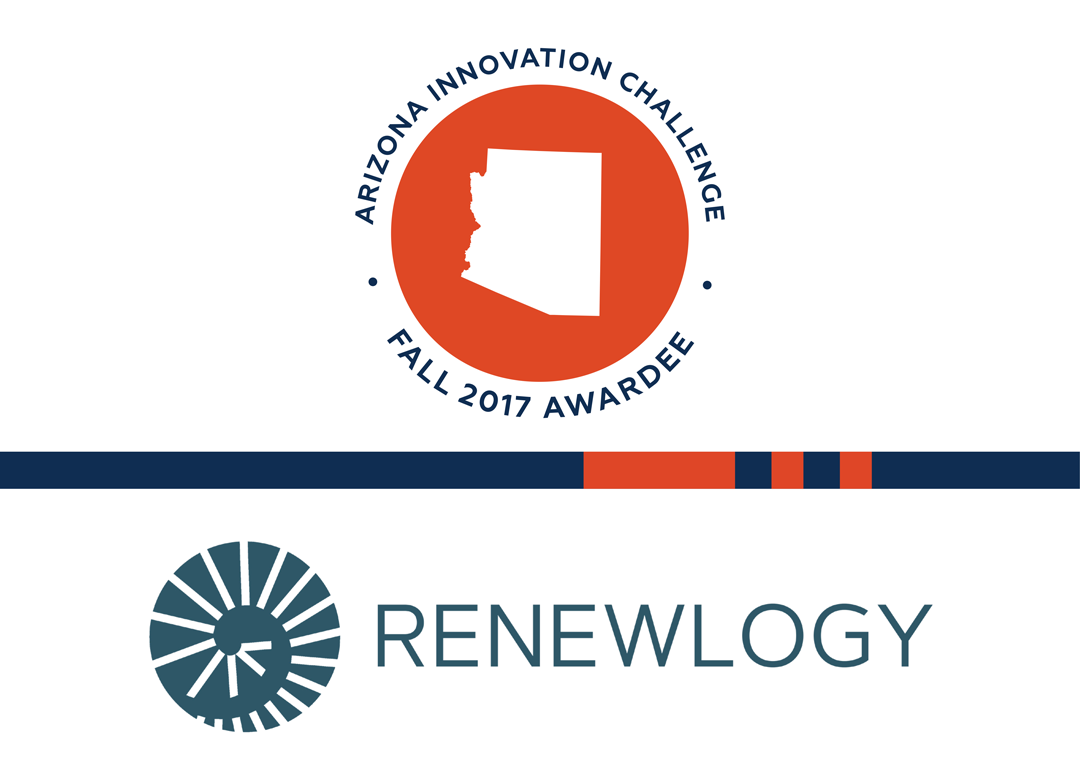For Priyanka Bakaya, a landfill isn’t just loaded with refuse; it’s also a treasure trove of “feedstock” primed to be recycled and converted into clean fuel.
Bakaya’s company, Renewlogy, uses a proprietary chemical recycling process to convert non-recycled plastic into new products, such as high-value fuels that include diesel. And her company, founded in 2011 at the Massachusetts Institute of Technology (MIT), is bringing its industry-leading technology to Arizona.
Phoenix’s aggressive goals in reducing waste and fostering a sustainable economy made it an attractive spot for the growing company, which has facilities in Salt Lake City and
Nova Scotia, Canada.
“Phoenix’s focus on zero waste, and the city’s forward thinking in setting up a campus for circular economy companies really attracted us to thismarket,” Bakaya said. “That’s the type of partner we want. That’s really what made Phoenix attractive for us over anywhere else in the country.”
The problem of plastic waste in the U.S. is widespread: Only 9 percent is recycled. Renewlogy offers a technology-based solution that reduces a community’s volume of plastic buried in landfills while producing a much-needed commodity in the marketplace: recycled fuel.
The company was one of the fall 2017 awardees of the Arizona Innovation Challenge (AIC), the business-plan competition of the Arizona Commerce Authority, which awards grants to help technology startups with potential global solutions commercialize their innovations.
Bakaya, an engineer with degrees from Stanford University and MIT, began thinking
about “the energy problem and the problem of plastic waste” while at MIT, and was convinced she could develop a scalable, commercially viable
solution that addresses both issues.
The company plans to invest its AIC grant directly into getting its Phoenix operations
up and running by early 2019 at a facility that already processes waste. The facility
would provide its leftovers to Renewlogy, which would place the plastic feedstock into
a processing machine—about the footprint of a tennis court—to be reverted back into fuel to sell.
Renewlogy plans to initially employ 12 to 15 workers and will be working through
2018 on completing financing, agreements, planning and permitting for its 5,000-squarefoot location.
The goal for the Phoenix facility is to be “a showcase for other cities and countries around the world” on what is possible in plastics recycling, waste reduction and circular economies, she said. “This partnership between cities and the public sector and the private sector and technology in one facility is a great signal to other cities on what’s possible.”
The Arizona Innovation Challenge was valuable for a variety of reasons, including relationship-building. “For us it’s not just about the money,” she said, “it’s about the relationships we build with both the city of Phoenix and the state
of Arizona.”




